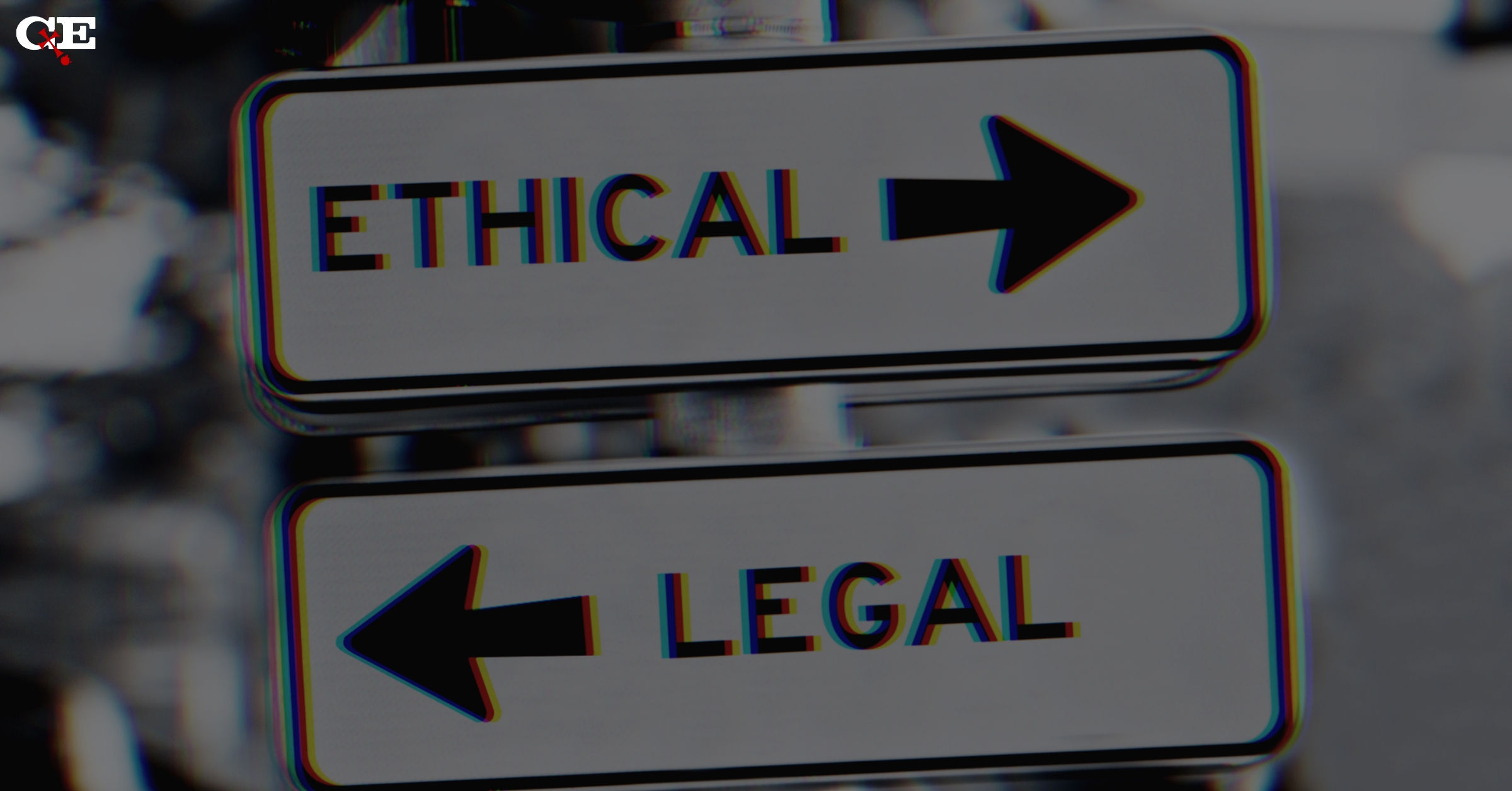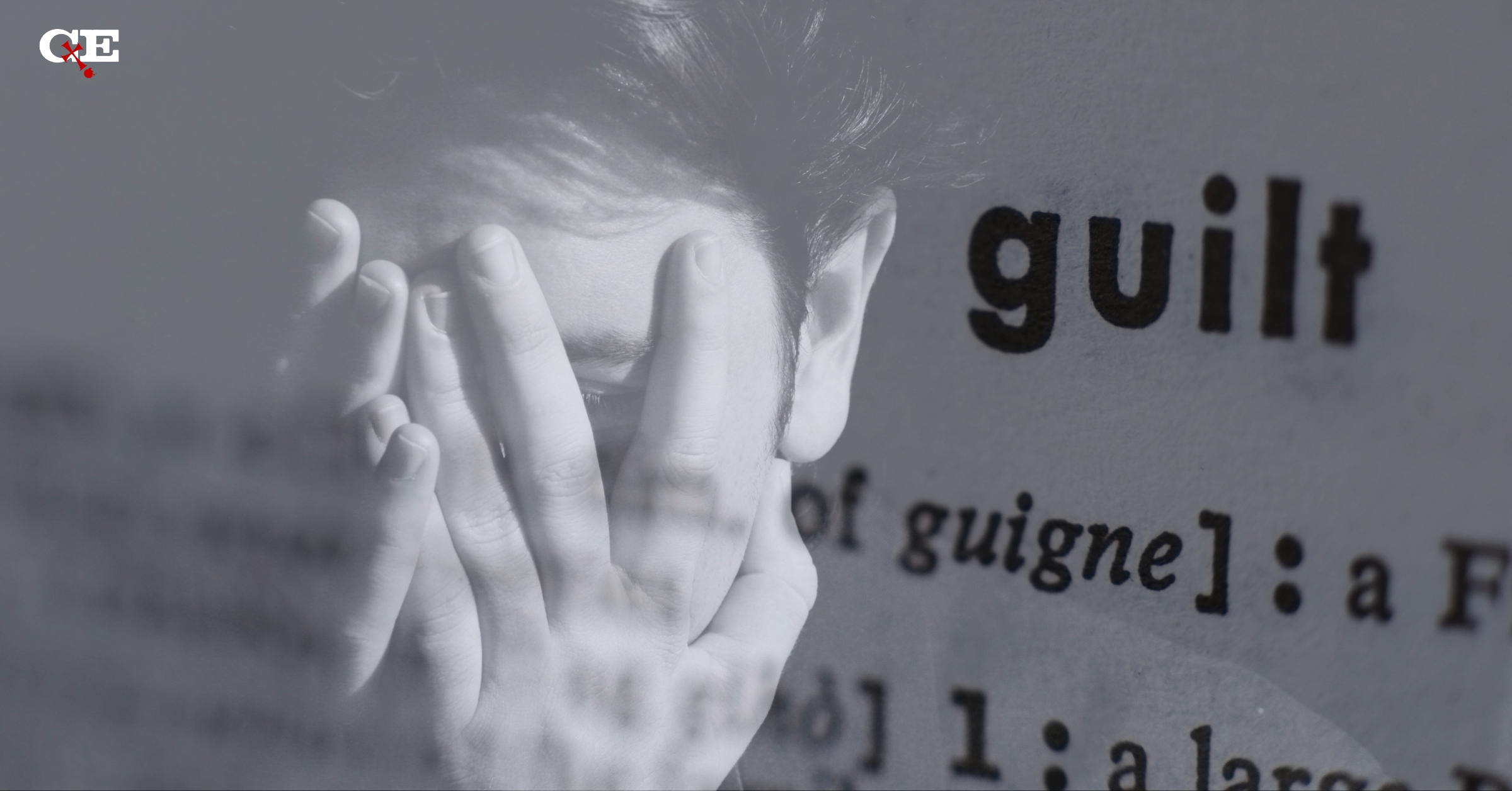By Josh Klein
Lil Nas X
Back to where we started.
What if I told you that the issue with Lil Nas X was not his being gay, but with how he perceived the Church’s response to his being gay?
He has somehow come away with the understanding that he should hate himself because he has a natural proclivity to same-sex attraction. For some reason, pointing out a lifestyle of sin has been equated to pointing out the evil of the person. I think this reason is tied to the idea of identity. In this final section of this series, I will attempt to offer a “better way” in dealing with these issues.
It is important to note, however, that these ideas are not original with me. Many who have come before me such as Christopher Yuan, Rachel Gilson, Preston Sprinkle, Leadthemhome.org and others champion these same principles, but I will attempt to outline a strategy here that is simple, straight forward, and yet extremely difficult.
In an attempt to assuage the conflation of sin and sinner Christians have come up with a pithy phrase that you may have heard (or even said): “Hate the sin but love the sinner.”
As I mentioned in part one of this series, sexuality is a different animal altogether. This is not some universally accepted vice that must be confronted like drug addiction or alcoholism. The world has done a bang-up job in making this issue one of identity, and the church, for some reason, has agreed to the terms. Therefore, when a Christian says, “Hate the sin but love the sinner” the non-Christian balks in disgust. Why? Because the non-Christian has no identity except that which is being called a sin. Thus, the non-Christian believes that the Christian is subtly saying, “hate their identity but love what they could be if we could change them,” but they are currently happy with their identity.
Of course, this is not the intention of the phrase, but its use has had an unintended consequence in the LGBTQ+ community for decades. A full generation of human beings that identify as their sexual proclivity have come away with the belief that Christians hate them for simply being “who they are.”
Their solution then, is to either hate themselves and try to be something they are not, or to leave the bigoted views of those who claim to love them behind and pursue a life of what seems to offer fulfillment and happiness.
To the liberal church’s credit, they recognized this reaction as unacceptable. After all, God wants all people to come to a saving faith in him, does he not (1 Timothy 2:3-4)?
While their diagnoses of the problem may have been accurate, in parts two and three I touched on why their response to the problem (affirming people in their sin) was not and is even doing more harm than good.
So, what then?
How does the church affirm the holiness of God and his moral framework for creation and minister to those that closely identify with the sin that drives their sexuality?
I recently listened to a podcast by conservative pundit Andrew Klavan, who is a Christian. Klavan has a gay son that proclaims a faith in Jesus Christ, thus, Klavan struggles with the idea that homosexuality is a sin.
I will not get into critiquing Klavan’s beliefs on this matter; however, I believe his response to a listener’s question regarding her own gay son deserves some consideration. In the midst of answering this mother’s question Andrew says something to the effect of:
“Homosexuality is the one sin that we don’t allow in our church. We don’t tell the fat man to stop being gluttonous, but we tell the gay man to stop being gay. My advice is to love your child with the love of Christ and pray that he will pray to God concerning his sexuality as we all should be bringing our sexuality before God” (paraphrased).
I believe Andrew is onto something here. We treat Homosexuality differently than any other sin.
Now, some might rebut Andrew’s statement by indicating (rightly so) that sexual sin is more severe and has an internal consequence that other sins do not (1 Cor. 6:18). So, gluttony may not be the best example, but the response to other sexual sins then should be considered.
How many young people in your church have had sex before marriage?
How many men (and women) are viewing pornography regularly?
How many marriages have crumbled due to infidelity or abuse?
How many teens struggle with opposite-sex attraction in a way that is sinful?
What would happen if we treated each of these people the same way we treat those struggling with (or embracing) homosexuality?
What if we did not think the answer to homosexuality was to make a person straight but to help a person become dedicated to Christ?
In the same response Klavan mentions a concept that is conspicuously foreign in some of our conversations regarding homosexuality. He says something to the effect of allowing God to confront the sin in people’s lives since we are all mired by some sin or another.
In the same vein, noted theologian and Dean of Theology at African Christian University in Zambia, Voddie Baucham is credited for saying this concerning the gospel:
“The gospel message is more about sin than about sins. The point is that I don’t need to approach a person on the basis of a specific sin that they need to quit but on the basis of a Nature that needs to change” (emphasis mine).
How often do we ask a person struggling with lying to stop lying before coming to Christ? How often do we ask someone that is addicted to drugs or pornography to quit their addiction before coming to Christ?
The way we handle homosexuality in the church, however, almost forces a gay man or woman to renounce their homosexual behavior before they can come to Christ.
What if we spent less time convincing people of individual sins and more time pointing to our own sin nature as the reason we need a savior?
This does not mean we ought to ratify sinful behaviors as good. If we did that then we are limiting the ability of the Spirit to convict individuals of individual sins. Tell an addict that their addiction is not only unproblematic but part of their identity and that they should embrace it and why would the addict ever seek a way out of their addiction?
The church has a nasty history of handling sexual issues poorly and we need to come to terms with that.
I believe that the message the world needs to hear is not that they are evil but that they are broken, and they cannot hear that message unless we first tell them how broken we are apart from Christ. In other words, it is not so much the desire to convince the post-Christian culture that they are morally bankrupt, but that they are without hope just as we were without hope.
Instead of shouting into the burning building that the people inside are going to die because they are inside, we offer a way out of the building. “If you don’t want to die, come this way!”
This is what Voddie Baucham is saying concerning how we ought to preach the gospel. The gospel is not the good news of behavioral modification. The gospel is the good news that the Almighty God of the universe has provided a way to life!
In my conversation with the former student concerning these things she expressed a concern about the “hate on the internet” from supposed Christians concerning the LGBTQ+ community. This concern stems from two things, a misunderstanding of what hate really is on her part, sure, but also an inability to engage with society in a way that draws them to Christ on the Christian’s part.
Take, for example, Paul’s sermon on Mars Hill in Acts 17.
Paul could have walked through Athens and chosen to address their polytheism and idolatry. However, he knew that this would not be a winsome way to express the good news of Jesus. Instead, he lauded their spirituality and passion and found a hook on which to hang the gospel.
Outside of the church we must start looking at conversations with the post-Christian American culture more like a Mars Hill conversation than a letter to the Corinthians conversation.
What is the difference?
In one, Paul was addressing unbelievers (Mars Hill) and in another he was addressing supposed believers that knew better (1 Corinthians).
The church has spent so much time convinced that homosexuality is a threat that we have lost the opportunity (in many ways) to minister in grace and truth. There is no real threat to the Church! The gates of Hell themselves pose no danger! (Matthew 16:17-19)
The liberal church has ministered to them in grace and has augmented the truth and thus, the job of the orthodox church is made that much more difficult. There are now competing gospels for the gay person. This is a failure of the Church not of God and not of those that are being confused.
One gospel that affirms their identity both sexually and as a child of God and one that affirms their ability to be adopted as children of God but insists a thorough reckoning of the self in regard to behaviors and appetites.
But in the reaction to pursue truth with passion we have left grace at the window in many situations.
We do not need to convince the homosexual that they are participating in a particular sin to win them to Christ, but we must convince them that they are a sinner (regardless of whether or not they are gay) that is in need of a savior. In other words, the conversation is the same with a young man living with his girlfriend as it is with a young man living with is boyfriend, and yet, we tend to handle the two situations very differently.
They need not renounce all of their sins prior to knowing Jesus, just that of their sin nature. They renounce slavery to sin and embrace slavery to righteousness as they place their faith in Christ. And then the Holy Spirit gets to work and, as we all know, they will likely continue the struggle!
If they come away with the idea that they ought to hate themselves, it is likely that we have handled the conversation poorly.
So what does this “better way” mean? Do we remain silent on the topic of homosexuality culturally? No, but we must cover the truth in love. Homosexuality is not the primary issue, just as sexual promiscuity or pornography use is not the primary issue. The primary issue is a heart that needs desperately to be transformed, fulfilled, and made new. Give us a heart of flesh instead of stone Lord! (Ez. 36:26) Too often, the church operates with a heart of stone towards those that are in the LGBT community.
I think the following are some (not all) ways that the church can start to make headway in the conversation on sexuality in our culture. These are not easy, but I believe they are simple and in line with scripture and the gospel.
- Refuse to use the language of “identity” concerning sexuality. Simply do not do it. If a couple comes to your church and says, “we are a gay couple” treat them in the same way as you would an unmarried heterosexual couple that is cohabitating.
- Abandon the idea that God will choose to make someone “straight” if they come to Christ. This puts an undue burden on a specific group of people. God may not take away my lustful desires, but I can pray that he curbs them to his will. The same can be said for people with a bent towards homosexuality. God may not (and probably will not) make them “straight” and that is okay. To be celebrated and supported even! These brothers and sisters will need our support more than most as they will feel stuck between two opposite worlds.
- Reassure the gay person of the gospel, offer accountability (if they desire), and do not treat them as if they have something wrongwith them just as you would not treat a person struggling with any other sin that way.
- Encourage faithful study of the word, not only on the issue of homosexuality, but on the whole counsel of God. If they want resources on the topic, offer to go through a book by Christopher Yuan or Preston Sprinkle with them (read it first for yourself!).
- Pray, love, and befriend! Understand that you should not compromise on the truth, but that does not mean love and friendship should go out the window.
- Encourage church leadership to think through this issue with a gospel mindset, not a moralistic mindset. Offer resources, like I mentioned above, and specifically consider leadthemhome.org.
- Be cognizant of how you act online concerning these things and resolve to progress
Lastly, understand that this is an uphill battle. We will be bucking trends on both sides of the aisle. We could lose friends, we could accidently offend, and we could be called all sorts of names from those that believe homosexuality is a sin and from those that believe it is not. Stand firm on the truth, regardless of consequences, but do not abandon grace and love in the process (Matt. 5:10).
I believe that homosexual behavior is a sin, but I do not believe it is a sin beyond the grasp of an Almighty God. The Church needs to stop treating it as though it is the one sin that must be fixed before someone darkens our doors. May God grant us all grace and favor as we endeavor to glorify his name and bring others to the foot of the cross!
Recommended resources related to the topic:
Was Jesus Intolerant? (DVD) and (Mp4 Download) by Dr. Frank Turek
Five Questions No One Ever Asks About Gay Rights (DVD Set), (Mp4 Download), and (Mp3 Set) by Dr. Frank Turek
Correct, NOT Politically Correct: How Same-Sex Marriage Hurts Everyone (Updated/Expanded) downloadable pdf, PowerPoint by Dr. Frank Turek
__________________________________________________________________________________________________________________________________________________
Josh Klein is a Pastor from Omaha, Nebraska with over a decade of ministry experience. He graduated with an MDiv from Sioux Falls Seminary and spends his spare time reading and engaging with current and past theological and cultural issues. He has been married for 12 years to Sharalee Klein and they have three young children.
Original Blog Source: https://bit.ly/3C3mXsd










